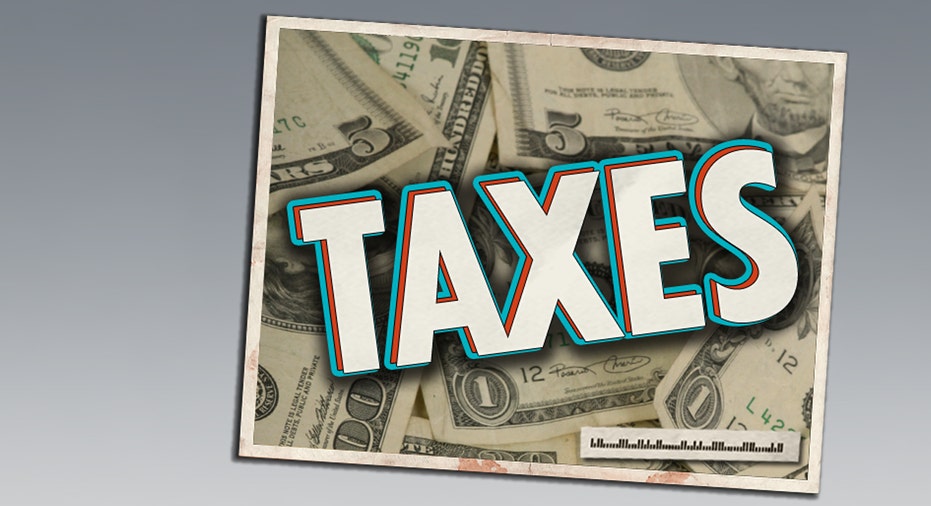6 Ways To Save On Your ’15 Business Taxes…Before Year End

Most people think they have until April 15th to make their tax moves. But as business owners, we know better. Whether your returns are due on March 15th or April 15th or whenever you’ve extended them, you know already that the time to save on your taxes is past. This checklist can help you avoid losing money to Uncle Sam.
Meet with your CPA. As a certified public accountant, I’ve learned that there are good times and terrible times to deal with client questions. Anytime between February 15th and April 15th is generally a terrible time. It doesn’t get much better until the fall. So now is the best time to meet with your CPA. Review your prior year’s returns together. Take a look at your year to date numbers. Let them know if there’s any new or unusual transactions this year. Bring him or her up to date on your estimated payments made. Extrapolate out to the end of the year your expected income so that your tax liability can not only be forecasted, but steps can be taken to reduce that liability while there’s still time. No one likes surprises and good business owners know that to avoid surprises you must plan.
Keep an eye on Washington. At the very end of 2014 certain tax incentives for businesses were extended for a year. This included the rules for accelerated depreciation and research and development. Every year these incentives seem to get kicked ahead another year. In 2015, most businesses can only deduct $25,000 for capital expenditures immediately and there is no research and development credit available. However, there continues to be discussions in Washington about these and other “tax extenders” and there’s a good chance that they may be extended yet again before the end of the year. So if you’re planning on buying capital equipment or conducting research keep an eye on this because you may be able to maximize your benefits if these rules are pushed forward another year.
Defer and deduct. Individual and corporate taxes in the U.S. are higher than many other places in the world. But depending on the outcome of next year’s elections these rates could go down. More concretely, many of the Presidential candidates, particularly the Republicans, are proposing to decrease both corporate and personal taxes as well as the capital gains rate. These changes are likely a long way off perhaps as far out as 2017. But if you have the ability to defer revenues into the future or increase deductions towards this tax year then do it. The longer you are able to wait, the more chance you have of reducing your future tax liabilities.
Hire your kids. One of the benefits of being a business owner is that you can put your children to work. Make sure it’s legitimate work and documented. You can pay your children each up to $6,300 per year and they won’t be taxed on it. Not only that, you’ll get a deduction. They probably won’t have to file returns either. Talk about this with your accountant and take advantage of this strategy where you can.
Write off receivables and inventory. You can’t get a deduction for an uncollectible receivable or an unsellable piece of inventory until you write it off your books and physically remove it from your facility. Many of us hate to walk away from a potential cash collection. And we agonize over throwing out a piece of inventory that we once bought with the highest of aspirations. But bad debts cost money to collect and are frustrating. Unsellable inventory takes up valuable space which means it’s increasing your overhead. Clearing this stuff out not only will save you taxes but will also improve the overall efficiency of your operations. Do it now, and make it an annual procedure.
Maximize your retirement savings. Make sure you are contributing the maximum to your company’s 401(k) plan. Also consider making after-tax contributions to a Roth 401(k), where earnings can grow tax free. If you have no employees you may want to consider a Simplified Employer Plan (SEP) or even a defined benefit plan. And you should also be taking advantage of your personal IRA where you can. Many of these plans will allow you to make deductions in 2016 (up until you file your 2015 returns) and yet still give you the deduction in 2015. The benefits of a retirement plan are a little beacon of light in this very dark era of high taxes.



















